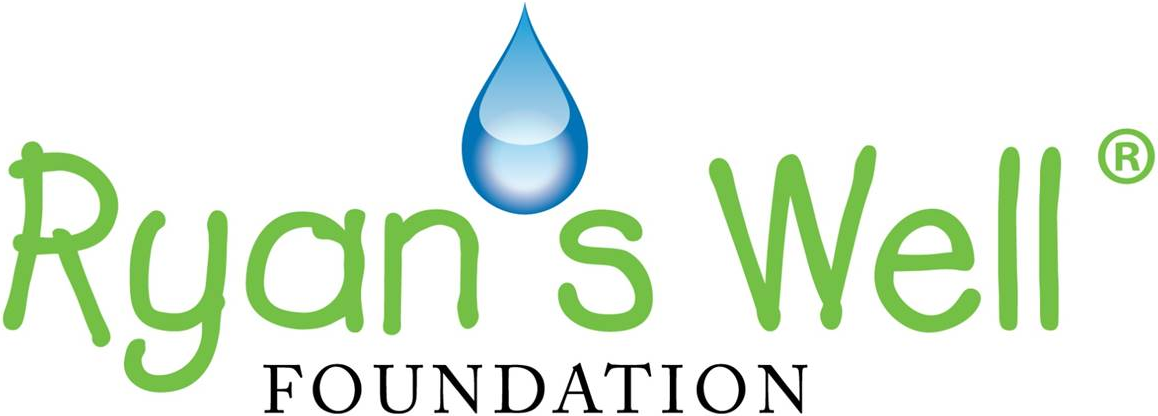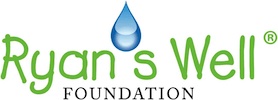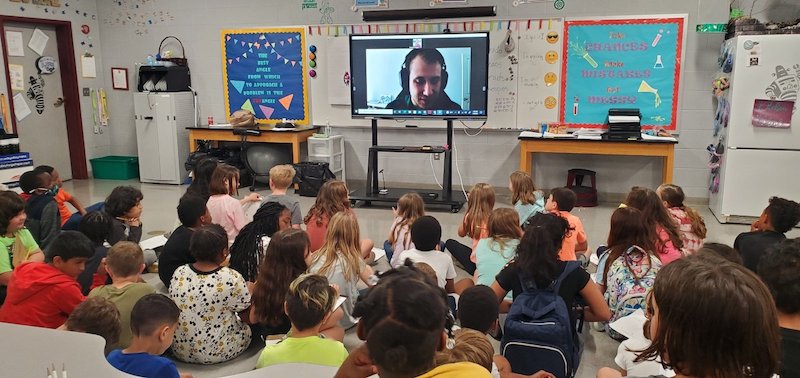ABOUT THE PROJECT
The proposed project will empower and increase community participation in the governance of their water sources, promote accountability and transparency of the Water Committees in their mandates, and ensure inclusion of all members of their communities in decision making processes with regards to the water source. It will also impart knowledge of specific COVID-19 Safety Operating Procedures in the Water Users Committee and its applications at the water sources to curb the spread as community users converge to collect water.
Currently, Aromo and Ayami Sub-Counties have the lowest water coverage in the Lira District. This two-year project aims to help fix this through the construction of 13 deep wells by March 2024, as well as the formation of water committees, extensive WASH training, handpump mechanic training, and ongoing monitoring and evaluation. This will increase access to safe and clean water, support good health through sanitation and hygiene knowledge, and allow the community to repair their own water source, meaning that the over 5,000 people this project will support will have clean water for many years to come.
WHAT DO THE FUNDS SUPPORT?
- Construction of 13 deep wells in Aromo and Ayami Sub-Counties.
- Mobilization of all 13 communities/schools and organization of 13 Water Committees.
- Formation of 13 Community Health Clubs (CHC).
- Extensive WASH training for all 13 communities/schools.
- Formation of 13 Voluntary Savings and Loan Association groups (VSLA).
- Development of Village Environmental Protection Committees (VEPC), and planting of 13,000 trees (1,000 at each site).
- Empower the current Sub-County Water Board on the preventive maintenance model.
- Experience-Sharing Workshops, Hand Pump Mechanic Refresher, and Community Dialogue.
- Ongoing local monitoring and evaluation.
WHY IS THIS PROJECT IMPORTANT?
- Seven of the 390 villages in the Lira District do not have a single source of clean water.
- This means that these seven communities have to travel a long way just to collect water (which may not even be clean) for their families.
- With the rising cases of the COVID-19 pandemic in the District, knowledge of, and adherence to, safety measures is crucial, especially at water points, where many people converge daily. Training in these measures is necessary to slow, or even stop, the spread.
- In much of rural Uganda, drinking water comes from rivers, and often carries water-borne diseases, including cholera, dysentery, and diarrhea.
- These diseases and symptoms are caused by lack of proper sanitation and hygiene habits, including poor human waste disposal, leading to waste ending up in rivers and valleys during the rainy season.
- Women and children (especially girls) typically spend 1-2 hours a day collecting contaminated water.
- Many children in Uganda miss 25% of their education annually to collect water for their families.
- As a result, students fall behind in their studies, and do not receive equal learning opportunities.
- For girls, this is exacerbated by a lack of sufficient sanitation and hygiene services. They are not taught how to make sanitary napkins for their menstrual cycle, and are therefore forced to stay home from school a week out of every month – adding another 25% of missed school annually.
ABOUT LIRA
Lira is a fast-growing district in Northern Uganda because it has a stable infrastructure that has not been destroyed (nor have its inhabitants been displaced) by rebels in recent years; however, it is still considered to be one of the most vulnerable districts in Uganda with regards to safe water and sanitation coverage. Most people are still practicing farming for subsistence, are earning a smaller profit, and are selling any surplus. Issues in this area mainly revolve around the price of cotton and access to transportation for goods.
ABOUT OUR PARTNER, DIVINEAID
DivineAid (formally Divine Waters Uganda) has been a Ryan’s Well partner since 2003, and are very experienced in all components involved in organizing and training a self-sustainable community. Ryan’s Well Foundation and our local partner in Northern Uganda, Divine Agency for Integrated Development (DivineAid), continue to concentrate our efforts in Lira District in order to improve the equitable distribution, effective usage, and maintenance capacity of WASH services in this area.


